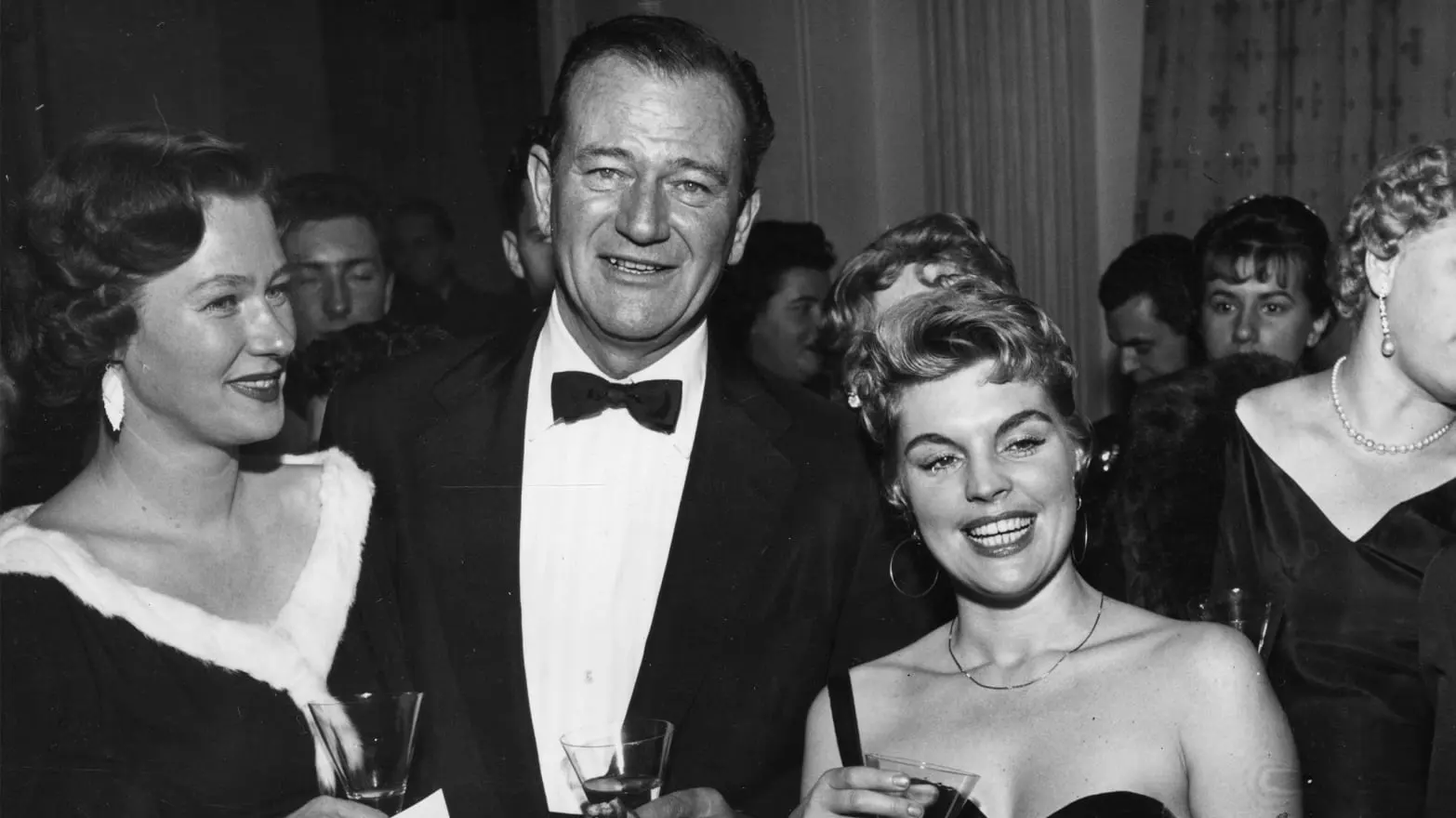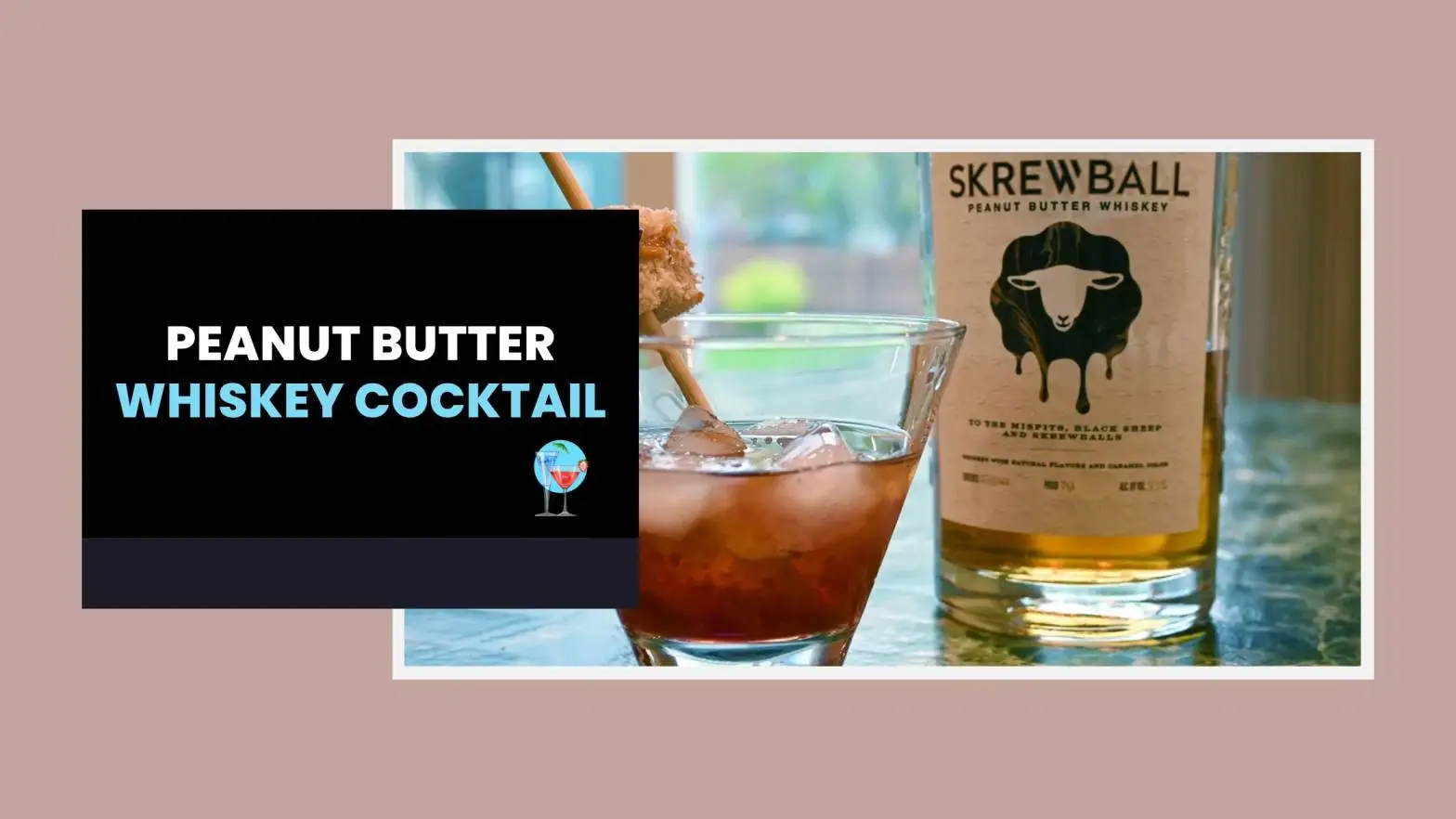Best Western films of Hollywood's golden age, American actor john wayne drinking was a top box office draw for almost four decades. Between 1930 and 1976, the Academy Award-winner starred in an incredible 142 pictures including 83 Westerns.
Often riding horseback as he collected up the bad guys and battled for justice, his 6ft 4ins body was well-known on-screen as a loner, performing cowboy and cavalryman roles.
His moniker was "The Duke," but this had little to do with his commanding screen presence. Rather, it sprang from his early years. Legend has it that growing up in Madison County, Iowa, his beloved Airedale dog Duke was his main friend.
John wayne drink, real name Marion Morrison, would regularly go past the neighborhood fire station with Duke when his family relocated to Glendale, California, in 1916. john wayne coffee drink enjoyed the moniker "Duke," which one of the firefighters felt would be hilarious to call the young man "like his dog," and it stayed with him for the rest of his life.
Early in career

He nearly by accident started acting since he had gotten a football scholarship to the University of Southern California but couldn't accept it after injured himself body-surfing—that is, surfing without the board. He worked at nearby movie theaters to pay his bills and had tiny roles in several Fox Film Corporation productions.
Playing Breck Coleman, a trapper in Missouri wanting to exact revenge for the death of an old comrade, he had his first major performance in The Big Trail in 1930, aged 23. He was taken from obscurity when Raoul Walsh, the filmmaker, saw him acting as a prop boy pushing studio equipment and put him as the main man instead.
Walsh proposed the stage name "john wayne drinking," the surname derived from Revolutionary War general "Mad," Anthony Wayne.
Wayne's career in movies, many of which were B-pictures, including Riders of Destiny in 1933, when he became an early singing cowboy, followed from the Big Trail. He performed most of his own stunts following instruction in riding a horse and mentoring stuntmen.
He also worked with actual cowboys to improve his acting technique drawing on their life. To play a convincing cowboy onscreen, he created his characteristic walk and also picked up his familiar fist-fighting technique.
Large break
His big break came in 1939 when he played in John Ford's Stagecoach, portraying the "Ringo Kid," a fugitive who had fled from jail seeking retribution after learning of the murder of his father and brother. Helping his fellow passengers escape an Apache ambush, he is apprehended and transported back to jail by stagecoach.
Wayne's reputation went from a B-movie star to a top Hollywood A-list actor as the film was a huge hit. He later starred in many films, and for viewers, the actor symbolized the frontier legacy of America. Many military movies also starred him, including Operation Pacific in 1951 and Sands of Iwo Jima in 1949.
Catchphrases
Wayne was well-known for his sarcastic one-liners in his films, including, "Don't remark it's a nice morning, or I'll shoot ya, in the 1965 war epic In Harm's Way, or, "Young fellow, if you're seeking for trouble, I'll accommodate ya, in True Grit in 1969, when he portrayed a cantankerous marshal."
Oddly, though, the Duke never really uttered his most well-known catchphrase: "Get off your horse and drink your milk!"
He was said to have uttered it in the 1972 Western, The Cowboys, in which he portrays a rancher whose ranch hands flee to join the Gold Rush, leaving him with the enormous chore of moving his cattle 400 miles to avert financial catastrophe.
Despite his strong doubts, he is compelled to enlist a number of local young people to assist finish the cattle drive; some of them are simply school boys. This seems to be where the notion started as young children are not old enough to drink alcohol. The narrative has evolved that he advises them to sip their milk in reference to their excessive youth somewhere along the way.
Viewers viewing the movie all the way through and closely examining every scene as they hunt for the elusive line have generated a lot of discussion on whether he uttered it or not! Sadly, as it has never been stated, they are never going to find it.
Later work
Among the few Hollywood films to support the Vietnam War, Wayne filmed more war movies than Westerns in the 1960s, including an action film on the D-Day landings, The Longest Day, in 1962, the World War II drama In Harm's Way, in 1965, and The Green Berets in 1968.
He starred in the 1974 crime drama McQ in the 1970s, then his last picture, The Shootist, in 1976 when he returned to the Western genre.
Wayne received the Congressional Gold Medal, the highest civilian honor given by the US Congress, on May 26, 1979. It is saved for those who have accomplished something that "impacts American history and culture."
Wayne died his fight against cancer on June 11, 1979, at the age of 72 following a 46-year career spanning his first main part.
Get off your horse, and bed it with Coruba!

Back in the Old Wild West, cowboys would have bedded his horses down on straw and lacked the advantages of contemporary innovations for them.
The John Wayne
2 oz Bourbon
1/2 oz Amaretto
2-3 Dashes of Angostura Bitters
1/4 oz Orange Juice
Orange Slice
FAQs
How did John Wayne influence America?
For five decades, he was The Duke, captivating film viewers with his never dimming star. On-screen, he defined the classic American cowboy and American fighting man while playing sports stars and leading men. Off-screen Duke was a patriot, family man, and outdoor enthusiast.
What is the John Wayne effect?
Affecting the person's capacity to correctly estimate the hazards and create the appropriate response is the "John Wayne Syndrome" or the "Hero Complex". This results from one believing the person is bulletproof or unbeatable. One's inflated sense of ability is a two-edged blade.
What was John Wayne's masculinity?
John Wayne used to be the perfect example of American masculinity, a true man, tough and ready but never harsh, petty or unfair. A defender of the weak, children, and women,




